The goal of the Division of Perioperative Informatics within the Department of Anesthesiology at the University of California, San Diego, is to leverage artificial intelligence, informatics, and statistics to better understand heterogeneous data types so that we can innovate and improve care for patients around the world.
Our objective is to deliver the right care to the right patient at the right time…
Our team is comprised of a diverse group of anesthesiologists, clinical informaticians, data scientists, computer scientists, research coordinators, students, and trainees. We have expertise in applying machine learning, natural language processing, large language models, and statistics to clinical problems in the perioperative space. We believe that AI models need to be reproducible, transparent, and fair, and that these ethical principles need to be implemented and tested before deployment into regular clinical practice. We focus on exploring the right kind of clinical data (from social determinants of health to electronic health record data to omics), using diverse patient populations (to mitigate algorithmic bias), and ensuring proper external validation of models. Our studies range from development of new algorithms, to building predictive models, to integrating existing models into clinical workflow and testing the accuracy and efficacy of AI-driven clinical decision support systems.
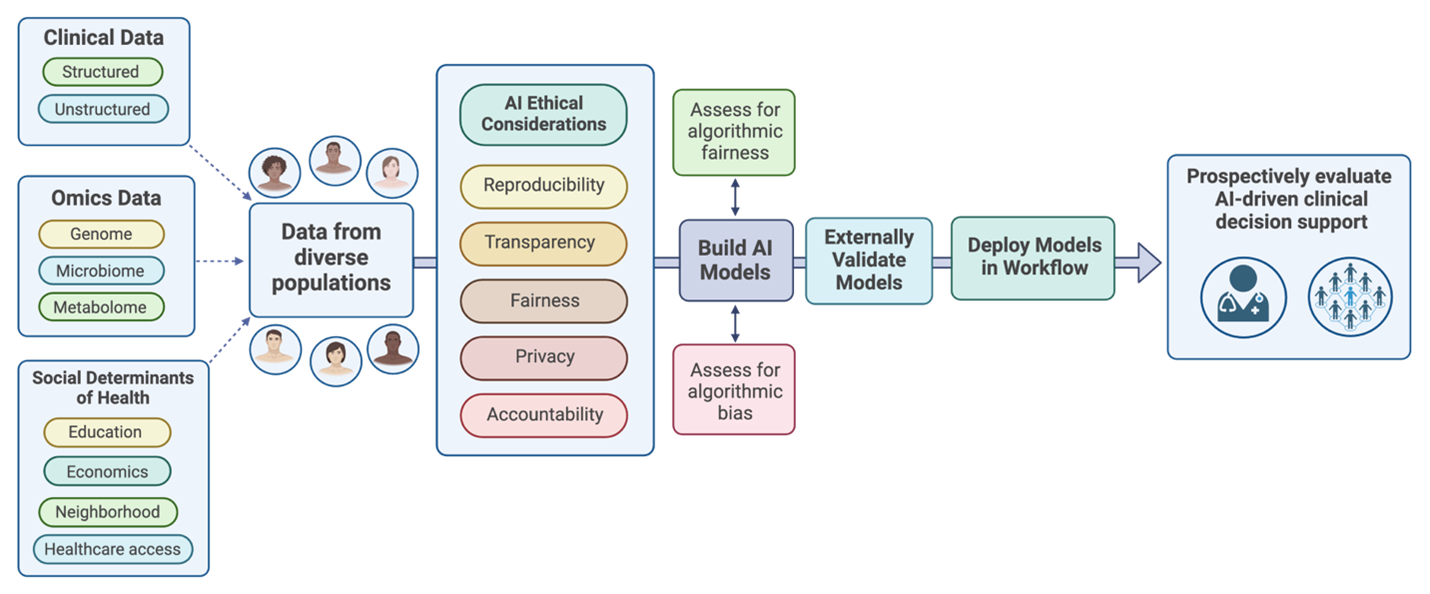
Active Research Areas
Leveraging Artificial Intelligence and Multi-Omic Data to Predict Opioid Addiction – In this landmark project funded by Wellcome Leap (https://wellcomeleap.org/ua/), we are developing multi-omic assays (genome, microbiome, metabolome) and foundation models to predict the risk of opioid addiction among any person exposed to opioids by leveraging diverse data sets.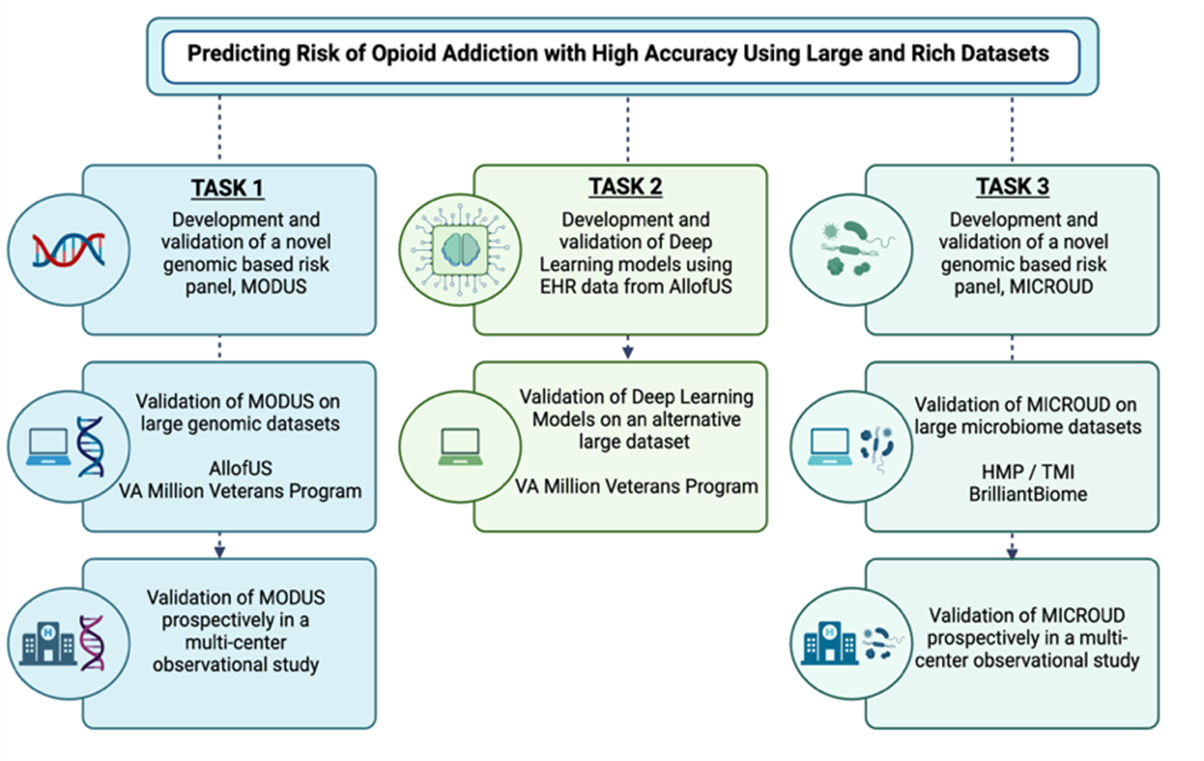
Predictive Models for Developing Opioid Use Disorder Among Surgical Patients – funded by the National Institute on Drug Abuse, we leverage the All of Us Research Program dataset to develop predictive models for postoperative opioid use disorder using clinical, social, and genomic data.
Critical.AI – multimodal deep learning models to predict mortality and morbidity among the critically ill – In partnership with the Division of Critical Care Medicine, using large ICU datasets, we harness multimodal fusion to process imaging, text, and EHR data to predict mortality and morbidity in patients in the ICU.
Perioperative Efficiency – In collaboration with the Jacobs Center for Health Innovation, we are interested in integrating predictive models into the EHR using Amazon Web Services to aid in improving perioperative efficiency, including predicting accurate surgical case durations.
Optimizing Perioperative Medicine – In partnership with the Anesthesia Preparedness Clinic, we leverage artificial intelligence, including large language models, to develop novel approaches to characterizing and predicting important perioperative features including frailty and surgical risk, in addition to developing tools to aid preoperative physicians in processing vast amounts of clinical data to streamline preoperative note generation and triaging.
Social Determinants of Health – Using large language models, we are developing new approaches to more accurately capture social determinants of health data from clinical text to better characterize these important environmental risk factors for multiple clinical outcomes.
Meet our Team:

Rodney A. Gabriel, MD, MAS – Dr. Gabriel is the Vice-Chair of Perioperative Informatics and Division Director. He leads the efforts of the Division in utilizing state-of-the-art artificial intelligence approaches to tackle several perioperative medicine outcomes and opioid addiction using clinical and omics data.
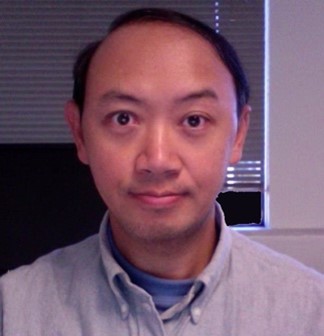
Chun-nan Hsu, PhD – Dr. Hsu is the Division’s Associate Director of Artificial Intelligence. He obtained his PhD in Computer Science and has decades of experience in developing foundation models in clinical medicine.

Patrick Farmer, MD – Dr. Farmer is the Division’s Associate Director of Quality Improvement and Informatics. He is leading efforts in integrating MPOG into UCSD for applications in research and perioperative quality improvement.
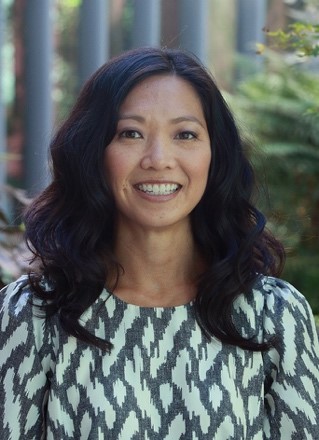
Minhthy Meineke, MD – Dr. Meineke is the Division’s Associate Director of Preoperative Optimization and Director of the Anesthesia Preparedness Clinic. She brings her interest in using AI to optimize preoperative evaluations for our surgical patients.
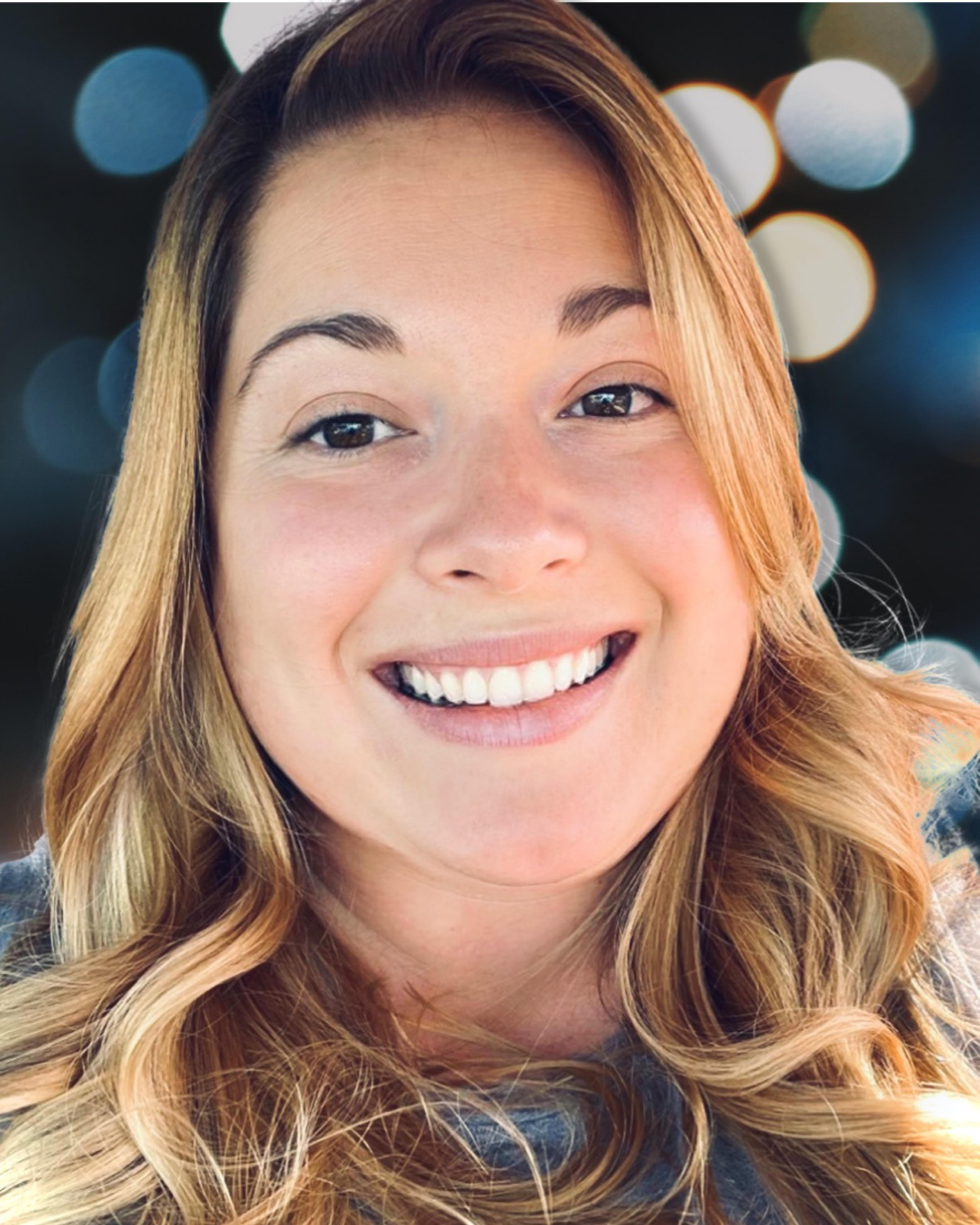
Sierra Simpson, PhD – Dr. Simpson is the Division’s Associate Director of Multi-Omic Analytics. She obtained her PhD in Neuroscience and has expertise in microbiome and substance use disorders.
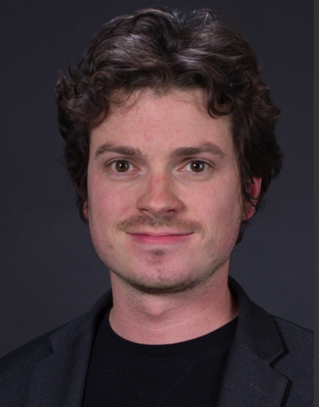
Jeff Tully, MD – Dr. Tully is the Division’s Associate Director of Innovation. In addition to a developing interest in perioperative applications of natural language processing techniques, he has an active healthcare cybersecurity research program supported by ARPA-H and is board certified in clinical informatics.
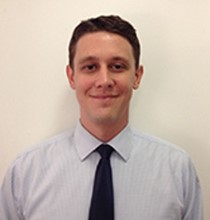
Brian P. Curran, MD – Dr. Curran is an Assistant Clinical Professor with interest in operating room efficiency and how AI may be used to improve workflows for outpatient surgery centers.
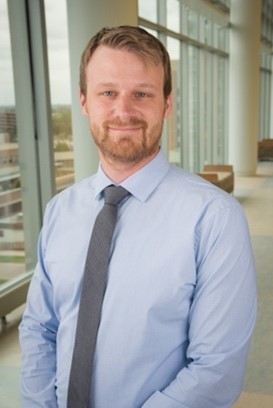
Martin Krause, MD – Dr. Krause is an Associate Clinical Professor and board-certified in Critical Care Medicine. He brings his interest in using multimodal models for predicting outcomes in the ICU.
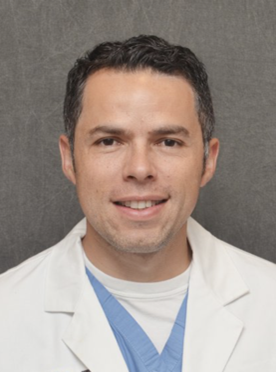
Alvaro A. Macias, MD, MHA, FASA – Dr. Macias is an Associate Clinical Professor and Clinical Director of Anesthesiology at UCSD East Campus. He brings his interest in social determinants of patient and surgical quality and safety.

Brian H. Park, MD - Dr. Park is a T32 Research Fellow with skills in machine learning, large language models and development of predictive models for perioperative outcomes.
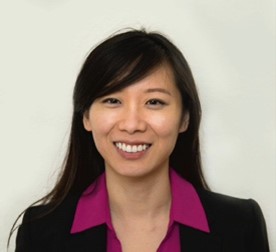
Kim Zhou, MD – Dr. Zhou is an Assistant Clinical Professor with interests in applying machine learning and large language models in predicting perioperative outcomes
Data Scientists

Onkar Litake, MS (Computer Science) - Machine Learning Engineer

Akansha Lalwani, MS (Data Science), Machine Learning Engineer
Post-Doctoral Scholar
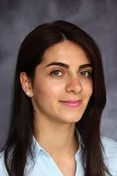
Soraya Mehdipour, MD
Research Coordinators

Alexa Hernandez, Clinical Research Coordinator
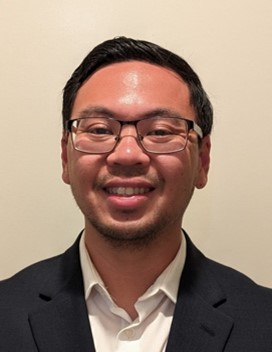
Brandon Palugod, Project Manager, Senior Clinical Research Coordinator
Graduate Students
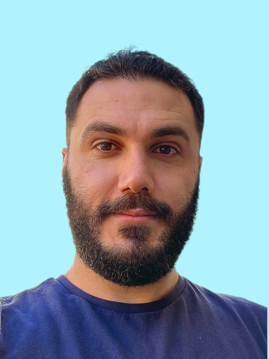
Behrooz Mamandipoor (PhD candidate). Behrooz Mamandipoor is a Ph.D. student at the Department of Bioinformatics, UC San Diego (UCSD). His primary interests lie in developing deep learning algorithms for healthcare applications, with the aim of enhancing health outcomes by optimizing treatment strategies and resource allocation. His current research focuses on multimodal predictive models derived from Electronic Health Records (EHRs), clinical text notes, and medical images of patients from Intensive Care Units (ICUs). His innovative works include predicting severe complications and patient-centered outcomes. Prior to starting his Ph.D. at UCSD, Behrooz was a researcher at Fondazione Bruno Kessler (FBK) in Italy for four year starting in 2018. He also earned his Bachelor's degree in Computer Engineering from the University of Isfahan, Iran

Varshini Sathish (PhD candidate). Varshini is a second year PhD student in the Bioinformatics and Systems Biology (BISB) program specializing in the Biomedical Informatics track. She completed her B.S. in Bioengineering: Bioinformatics at UCSD in 2023. Her research interests include developing computational models for disease prediction and prevention to advance precision medicine and clinical decision making. In her free time, she can be found at the grocery store getting ingredients for a new recipe.
Collaborators
Kathleen M. Fisch, PhD, Assistant Professor of Obstetrics, Gynecology, and Reproductive Sciences, UCSD
Carla Marienfeld, MD, Clinical Professor of Psychiatry, UCSD
Julian McAuley, PhD, Professor of Computer Science and Engineering, UCSD
Sesh Mudumbai, MD, MS, Associate Professor of Anesthesiology, Stanford University
Hemal Patel, PhD, Professor and Vice-Chair of Anesthesiology, UCSD
If interest in learning more or joining the lab, please email our administrative assistant:
Beth Withrow
bwithrow@health.ucsd.edu




















